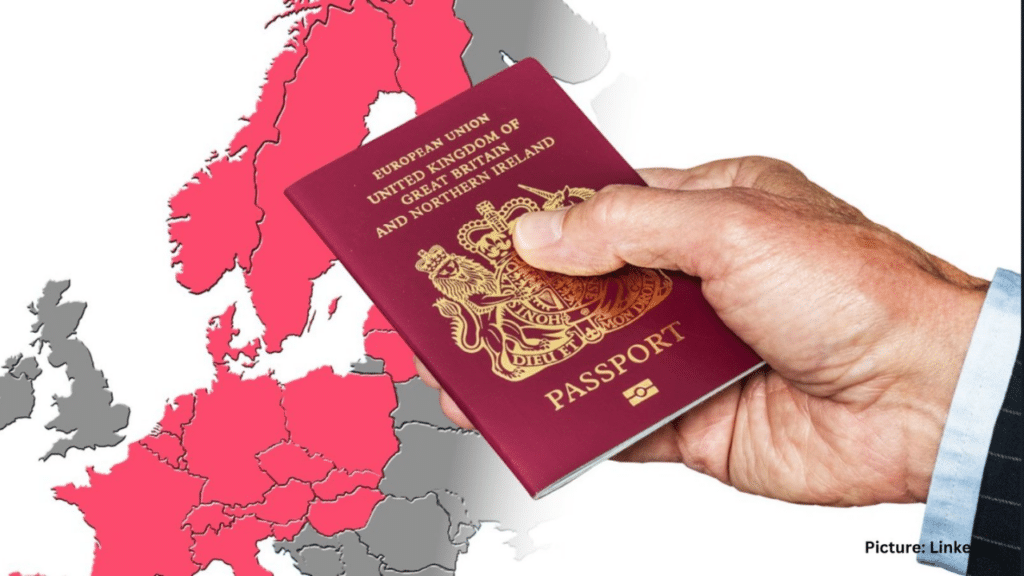UK’s Stricter Immigration Rules Set to Affect Indian Students and Workers

In a significant shift in immigration policy, British Prime Minister Keir Starmer has announced a sweeping set of reforms aimed at reducing net migration to the UK. The changes, unveiled through a new Immigration White Paper, are expected to particularly affect Indian nationals — who form a large portion of both international students and skilled worker visa holders.
Key Policy Changes
Among the most consequential changes is the extension of the settlement period — the time required to become eligible for permanent residency in the UK — from five to ten years. Additionally, the post-study Graduate Route visa, which has been a popular pathway for Indian students to gain work experience after graduation, will now be shortened from two years to 18 months.
The new measures also include:
Stricter English language proficiency requirements across all visa categories, including for dependents.
Tightened eligibility criteria for skilled worker visas, with higher salary thresholds and redefined skill levels.
The phasing out of the Health and Care Worker visa for new applicants, a category heavily relied upon by Indian and South Asian healthcare professionals.
Mixed Reactions from the Indian Diaspora
The announcement has sparked concern among Indian students and professionals already in the UK or planning to migrate. The National Indian Students and Alumni Union (NISAU) UK called for greater transparency in how the reforms will be implemented, stressing the need to avoid panic among prospective applicants.
“We welcome the continuation of the Graduate Route in principle, but its reduction in duration and the sudden policy overhaul call for clear communication from the UK government,” said Sanam Arora, Chairperson of NISAU UK. “This impacts the aspirations of thousands of Indian students who look to the UK for world-class education followed by global work experience.”
Impact on Skilled Migrants and Healthcare Workers
The decision to scrap the Health and Care Worker visa for new applicants is being criticized by migrant advocacy groups. According to Dr. Dora-Olivia Vicol, CEO of the Work Rights Centre, the move risks pushing existing care workers into insecure immigration statuses, increasing vulnerability to exploitation.
“Instead of addressing the root causes of workforce shortages and exploitation, this decision may leave thousands of care workers in limbo,” she warned. “They need support and mobility within the job market — not more restrictions.”
Government’s Justification
Prime Minister Starmer defended the reforms in a national address, arguing that the UK must regain control over its immigration system. “Without firm action, the UK risks becoming an island of strangers,” he stated. “Every aspect of the immigration process — from work to family to study — will now be subjected to tougher, fairer rules.”
The Labour government insists that these steps will lead to a significant drop in migrant numbers, aligning immigration policy more closely with labor market demands and national interest.
What It Means for Indian Applicants
India is one of the largest source countries for both international students and skilled migrants to the UK. These reforms could prompt many to reconsider their plans or look to alternative destinations such as Canada, Australia, or Germany, which currently offer more flexible post-study and work migration pathways.
For current Indian students and professionals in the UK, immediate clarification is essential to understand how the transition will affect their visa status and long-term settlement prospects.
Looking Ahead
While the full impact of the UK’s immigration crackdown will unfold in the months ahead, it is clear that Indian students and workers — the backbone of many sectors in the UK — will face a more challenging environment. Community groups are urging the UK government to ensure that existing visa holders are protected and that transitional arrangements are made in a fair and transparent manner.






No Responses